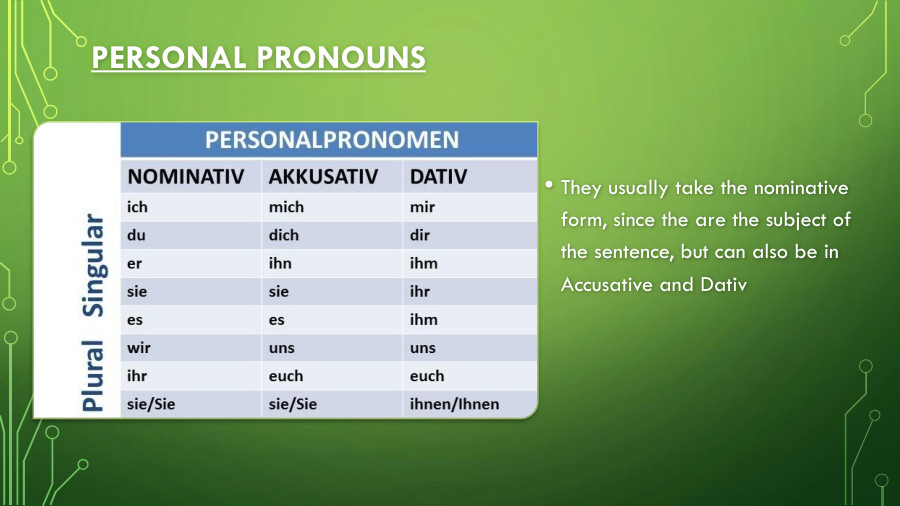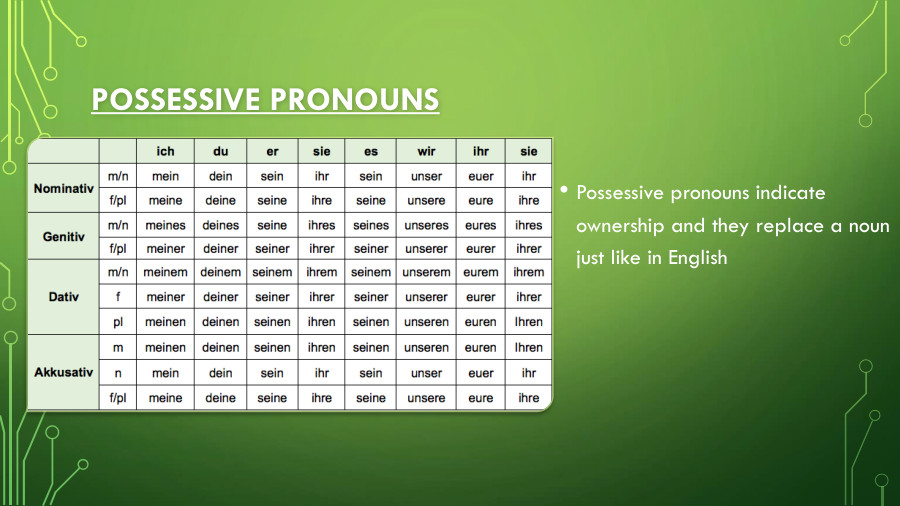© Copyright 2002 - 2024. All Rights Reserved.
Privacy Policy | Terms & Conditions | Sitemap | Marketed by
LearnPick Technologies Inc Disclaimer: MyPrivateTutor is an online tutoring marketplace and platform connecting students with excellent tutors and instructors. We neither supply nor recommend tutors to those in search of such services, and vice-versa. MyPrivateTutor does not verify the identity or authenticity of information posted by tutors or students. For more information on verifying the identity of information posted by other users, please visit our Safety Centre.
 Hire a Tutor
Hire a Tutor 













